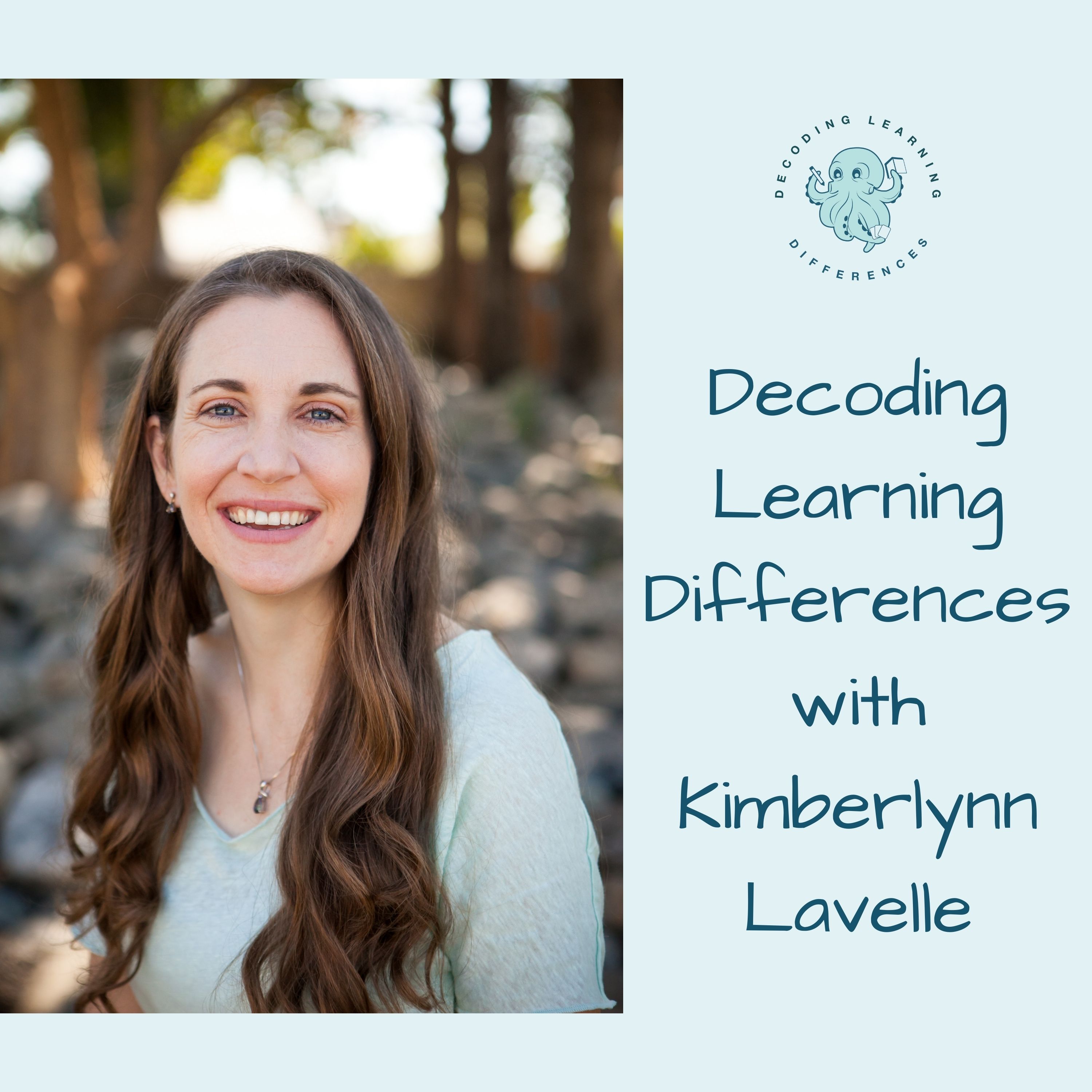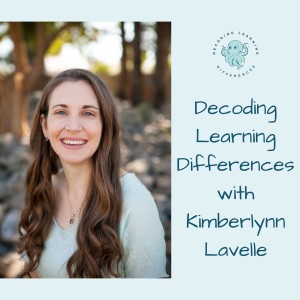

I teach parents how to educate their own children (especially those with struggling learners) so that they can successfully and peacefully homeschool or provide supplemental education at home. This podcast will discuss: - various learning disabilities and challenges, including: ADHD, dyslexia, autism, processing disorders, and so much more! - how all people learn - different learning styles - strategies for supporting specific learning challenges - how to apply these learning strategies at home - stories from homeschooling parents -interviews from other experts
I teach parents how to educate their own children (especially those with struggling learners) so that they can successfully and peacefully homeschool or provide supplemental education at home. This podcast will discuss: - various learning disabilities and challenges, including: ADHD, dyslexia, autism, processing disorders, and so much more! - how all people learn - different learning styles - strategies for supporting specific learning challenges - how to apply these learning strategies at home - stories from homeschooling parents -interviews from other experts
Episodes

Monday Apr 18, 2022
Motivational Reading
Monday Apr 18, 2022
Monday Apr 18, 2022
Wanting to motivate your child to read?
So many of us parents are avid readers and want to instill a love of reading into our children. However, it’s not something that can be achieved through force. In fact, any coercion is likely to have the opposite effect!
However, we can inspire our children to want to read. But to do so, we may have to think outside of the box.
First, we have to meet our kids where they’re at. We have to take into consideration any learning disabilities/ challenges that they have. If they have a short attention span, we can’t expect them to sit down to read a novel. If they struggle to decode words or to read fluently, we can’t expect them to read for long without wearing out mentally.
We also have to take into consideration their interests. Allowing them to read books of their choice is paramount, but we may also need to consider other reading activities beyond books.
For example, putting captions on a TV show or movie can help reinforce reading. Allowing kids to play video games can be a very motivating way for many kids to read. I’ve heard many times that it was wanting to be able to read a video game that led a child to learn to read, or to become better at reading. (To be clear- the reading is part of the video game, not a requirement to be allowed to play the video game.)
A child may be capable of reading at an 8th grade level, but still gravitate toward the picture books. Let them. Many picture books are actually written at a high level, and the pictures may be supporting their comprehension or the short stories may be supporting their attention span and mental effort. There is no harm in kids who are “capable” of reading high level books choosing to read simple books or picture books, as long as they are wanting to read!
Similarly, many kids enjoy graphic novels. Some parents worry that it is too little reading, but the same principles as with picture books would apply here.
Similar to graphic novels is visual novels, a type of video game that is telling a story. Again, there is a lot of reading involved in this, and it can be very engaging for kids.
As you can probably guess, I have no problem with kids reading books that are above or below their “ability” level, if it is what they are wanting to read. When kids are interested, they’re engaging in learning. Even if the words are easy, they’ll get something out of it, or they wouldn’t bother reading it.
A final tip- model a love of reading to your kids. Read books yourself, where they can see you. Talk to them about books you are reading and enjoying, and books that you read and enjoyed when you were younger, closer to their age or ability level.
What’s working for you?
No comments yet. Be the first to say something!